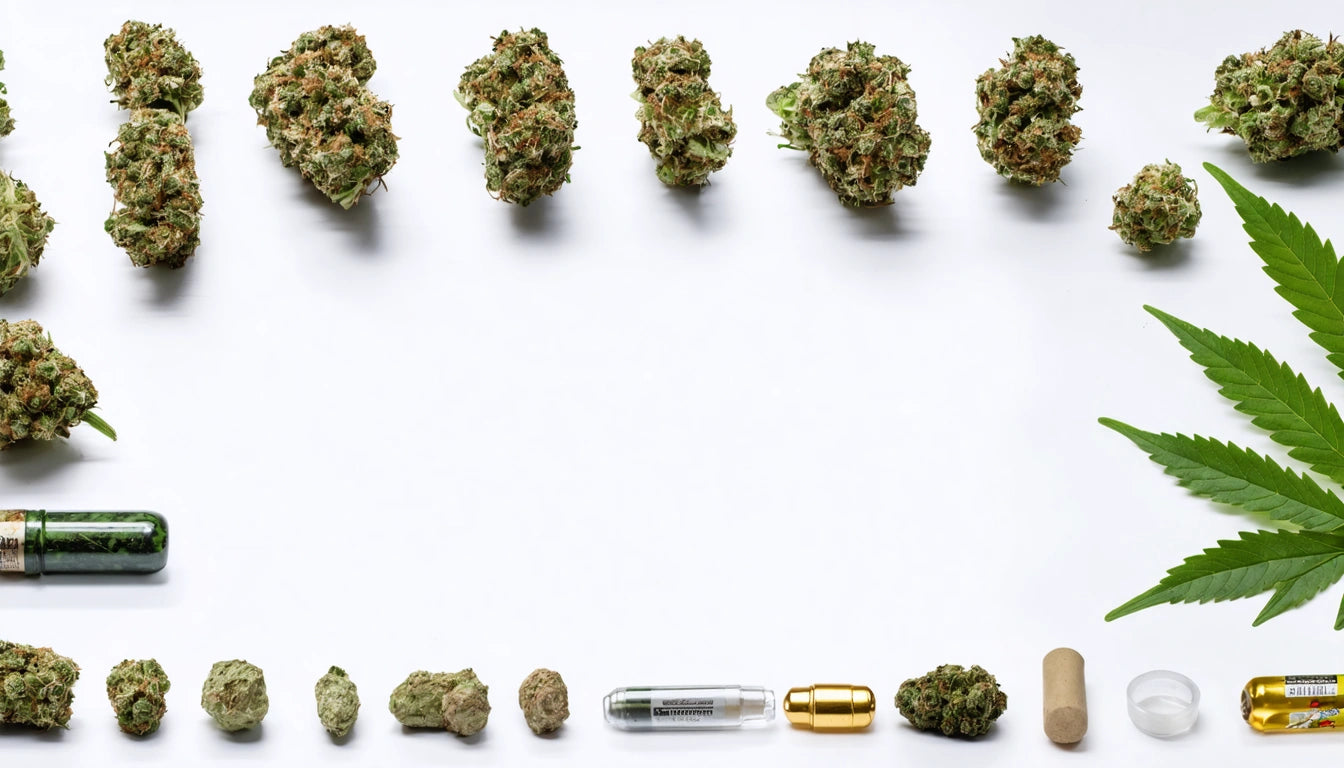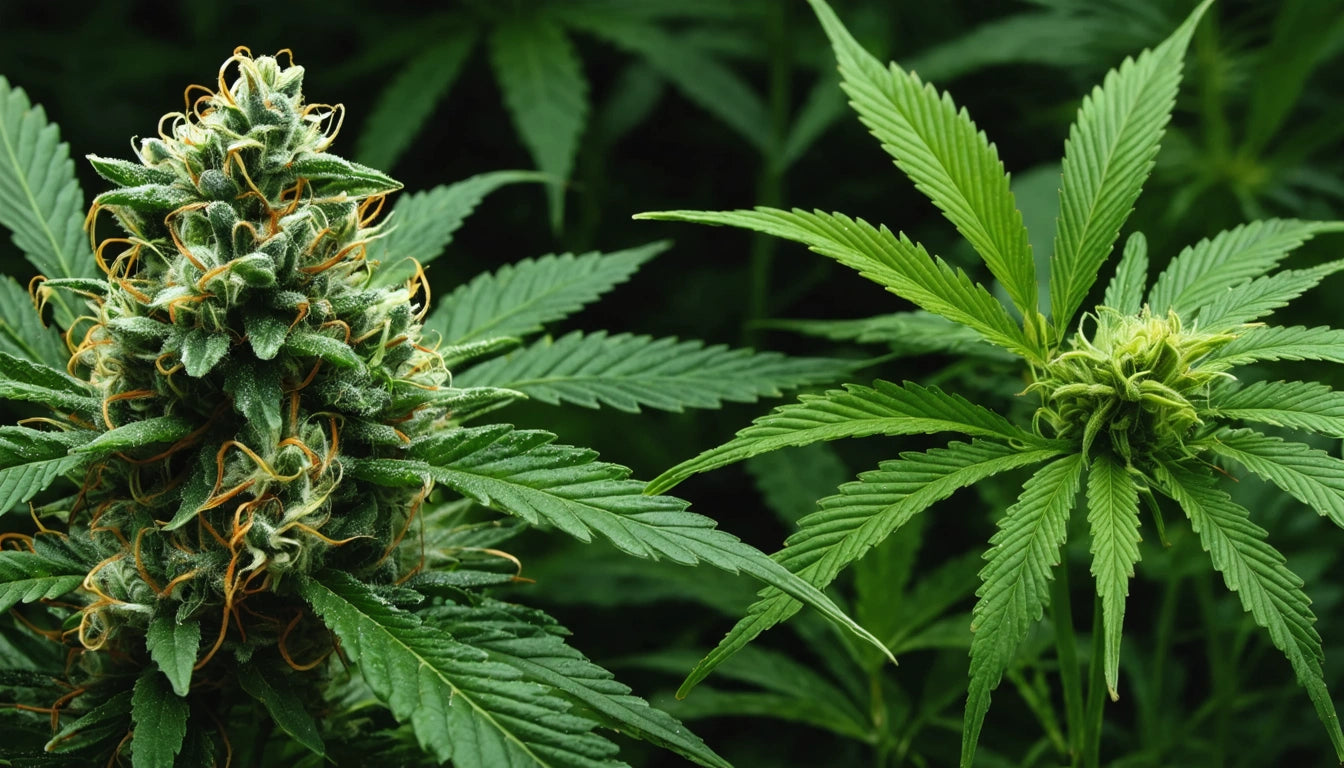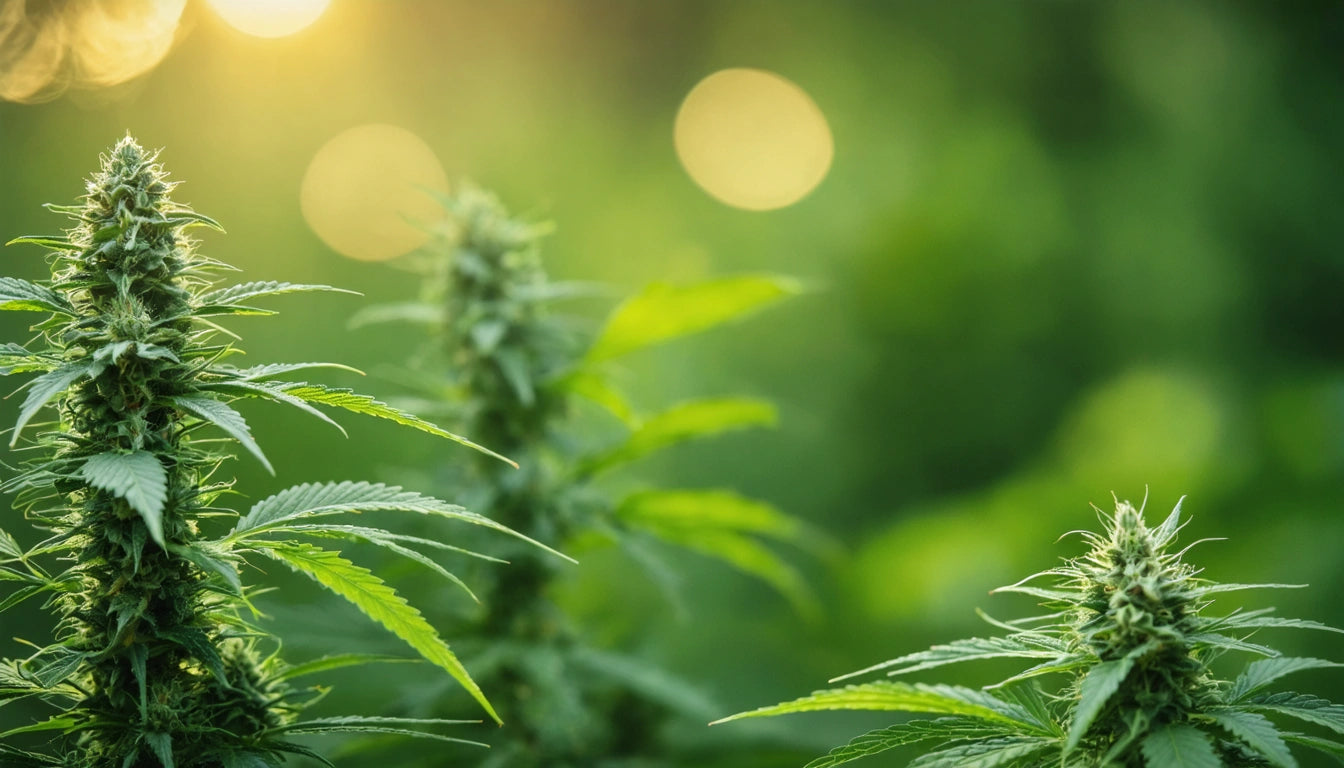Table of Contents
- Understanding Retail Weed Prices: From Grams to Pounds
- Factors Affecting Weed Costs: Quality, Location, and Market Dynamics
- Medical vs. Recreational: Price Differences and Considerations
- Licensing Costs: What It Takes to Enter the Cannabis Industry
- Cultivation Expenses: Breaking Down the Cost to Grow
- Packaging Impact on Final Weed Costs and Compliance
- Market Trends and Future Pricing: What to Expect in Cannabis Economics
The Comprehensive Guide to Weed Costs: Prices, Licensing, and Growing Expenses
Understanding how much weed costs requires looking at multiple factors including quantity, quality, location, and whether you're buying, selling, or producing. This guide breaks down cannabis pricing across the entire supply chain, from consumer purchases to business operations, giving you clarity on what drives costs in this complex market.
Understanding Retail Weed Prices: From Grams to Pounds
Cannabis pricing follows a standard measurement system, with costs varying significantly based on quantity purchased. Here's what consumers can typically expect to pay:
Gram Pricing (1g)
A single gram of cannabis typically costs between $10-$20 in legal markets. This is the smallest quantity commonly sold and carries the highest per-gram cost. Premium strains may command $25+ per gram, while budget options might be available for $8-10.
Eighth, Quarter, and Half Ounce
As quantities increase, the per-gram price typically decreases:
- Eighth (3.5g): $25-$60
- Quarter (7g): $50-$100
- Half ounce (14g): $90-$180
The price of a quarter ounce can vary dramatically based on quality and location, with premium products commanding significantly higher prices.
Ounce and Pound Pricing
Bulk purchases offer the best value per gram:
- Ounce (28g): $150-$350
- Pound (453g): $1,600-$3,000 (wholesale) or $2,500-$5,000 (retail)
The cost of an ounce of weed represents a significant discount compared to buying individual grams, while pounds are typically only accessible to businesses or medical patients in certain states.
Factors Affecting Weed Costs: Quality, Location, and Market Dynamics
Several key factors influence how much weed costs in any given transaction:
Quality Tiers
Cannabis is typically categorized into quality tiers:
- Budget/Economy: $5-10/gram
- Mid-grade: $10-15/gram
- Premium: $15-25/gram
- Exotic/Craft: $25+/gram
Premium cannabis features dense trichome coverage, robust terpene profiles, and meticulous cultivation practices that justify higher prices.
Geographic Location
Prices vary dramatically by location. States with mature markets like Oregon and Colorado typically have lower prices, while newly legal states or those with limited licenses see higher costs. For example, an eighth might cost $25 in Oregon but $60 in Illinois.
Medical vs. Recreational: Price Differences and Considerations
How much medicinal weed costs often differs from recreational prices. Medical cannabis patients typically benefit from:
- Lower tax rates (sometimes tax-exempt)
- Access to higher potency products
- Loyalty programs and compassionate care discounts
- Higher purchase limits
In many states, medical patients pay 15-25% less than recreational users for equivalent products due to different tax structures. However, this requires obtaining a medical card, which has its own costs ranging from $50-$200 annually depending on the state.
Licensing Costs: What It Takes to Enter the Cannabis Industry
For entrepreneurs wondering how much a weed license costs, the answer varies dramatically by license type and location:
Retail Dispensary Licensing
- Application fees: $2,500-$10,000
- License fees: $5,000-$120,000 annually
- Total startup costs: $250,000-$1 million+
Opening a weed shop requires significant capital beyond just licensing, including security systems, inventory, and compliant facilities.
Cultivation Licensing
- Application fees: $2,000-$25,000
- License fees: $5,000-$200,000 annually (often tiered by size)
- Total startup costs: $400,000-$2 million+
Cultivation Expenses: Breaking Down the Cost to Grow
For those wondering how much does it cost to grow weed, whether commercially or personally, these are the primary expenses:
Commercial Growing Costs
- Facility buildout: $50-$200 per square foot
- Equipment: $100,000-$500,000
- Utilities: $5-$15 per square foot monthly
- Labor: $12-$25 per hour per employee
- Ongoing supplies: $1-$3 per gram produced
Commercial operations typically achieve production costs of $300-$800 per pound, depending on scale and efficiency.
Personal Growing Costs
Home growers face different economics:
- Startup costs: $500-$2,000 for basic equipment
- Seeds or clones: $5-$20 per seed or $10-$30 per clone
- Utilities: $20-$100 monthly increase
- Supplies: $100-$200 per grow cycle
A home grow can produce cannabis at $50-$200 per ounce equivalent cost, representing significant savings over retail purchases. For proper storage of harvested product, many cultivators use high-quality mylar storage bags that maintain freshness and comply with regulations when transferring product.
Packaging Impact on Final Weed Costs and Compliance
Packaging represents a significant cost component that many consumers don't consider:
- Child-resistant packaging: $0.30-$1.50 per unit
- Compliance labeling: $0.10-$0.50 per unit
- Premium packaging: $1-$5 per unit
These costs are passed to consumers and explain part of the price premium in legal markets. Comprehensive packaging requirements add expenses but ensure product safety and regulatory compliance.
Market Trends and Future Pricing: What to Expect in Cannabis Economics
The cannabis market continues to evolve, with several trends affecting how much weed should cost:
- Price compression in mature markets as competition increases
- Premiumization of craft and specialty products
- Increased efficiency lowering production costs
- Federal reform potentially reducing operational expenses
Consumers can expect continued price volatility in new markets followed by stabilization. The most expensive weed will continue to command premium prices based on rare genetics, cultivation methods, and brand reputation, while mass-market products will likely see ongoing price compression.
Understanding these market dynamics helps both consumers and businesses make informed decisions about cannabis purchases, investments, and operations in this rapidly evolving industry.











Leave a comment
All comments are moderated before being published.
This site is protected by hCaptcha and the hCaptcha Privacy Policy and Terms of Service apply.